|
This month, Bloomberg Rankings rated Italy as the second healthiest country in the world and the top ranked country for health in all of Europe. This health score is based on a multitude of things: mortality rates, number of people smoking, percentage of immunizations, percentage of population with healthcare, healthcare efficiency, healthcare satisfaction and life expectancy. 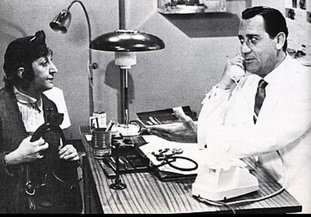 Italian hospitals in the South might look a bit old fashioned Italian hospitals in the South might look a bit old fashioned As it turns out, Italy has one of the most efficient healthcare systems in the world... they came in third for this ranking. And believe it or not, the Italian universal healthcare system has actually been getting better and better from year to year. After World War II Italy reestablished its social security system including a social health insurance administered by "sickness funds". In the 1970s, the sickness funds nearly went bankrupt. In 1978, the government established the SSN (Servizio Sanitario Nazionale), the Italian version of a National Health Service, funded by taxes and including universal coverage--providing healthcare to all citizens and residents by a mixed public-private system. The public part is the national health service, Sistema Sanitario Nazionale (SSN), under the Ministry of Health, but administered by each region.Family doctors are entirely paid by the SSN, must offer visiting time at least five days a week and have a maximum limit of 1500 patients. Patients can choose their own doctor. Prescription drugs are prescribed by the family doctor and are mostly paid for by the SSN with the patient paying only varied copay, depending on the drug and the patient's income. In most regions, poor people receive drugs for free. If a specialist or diagnostic tests are prescribed by their family doctor, the copay is only about $40 for most--once again, the poor pay nothing. Waiting times for specialists can be anywhere from a couple of weeks to a few months, depending on the facility. Surgeries and hospitalization provided by the public or private hospitals are completely free of charge for everyone, regardless of the income. For elective surgeries the waiting times can be several months in the big city centers. Emergency services in Italy are provided by both volunteer and private EMS type services. You can receive emergency service in Italy by dialing 118. Ambulances and treatment are free. General first aid is provided by all the public hospitals and completely free of charge for everyone, citizens, vacationers, even illegal and undocumented immigrants. If the emergency is non-life threatening, a copay is required. In the poorer South, some state ospedali (hospitals), can be considered substandard by U.S. standards. Italian state hospital rooms normally have three to six beds and have no TV or phone. This situation is slowly improving however, as southern regions get a bigger and bigger share of the Italian economic pie. As good as the Italian healthcare system is, the most common complaint is the long lines and waiting times for special tests and seeing specialists. Most seem very satisfied with the actual care they receive from their doctors and the universal aspect of the system. (Click HERE for a great Tripadvisor thread on one person's experience with Italian Hostpitals) 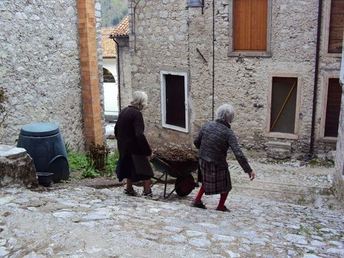 Leave the heavy work to the Nonnas! Leave the heavy work to the Nonnas! Other Reasons Italians are Healthier Of course, one of the main reasons for Italians staying so healthy is the way they eat. There is the Mediterranean diet itself, fish, fresh vegetables, fruit and the use of olive oil in cooking. Meats in Italy are not eaten in large quantities as in the U.S. and the amount of fat in the meats they prefer is also less. Meat is eaten as a separate course in smaller quantities, if at all. Lean pork is popular. Alcoholic beverages are typically drunk with meals and binge drinking is not a socially acceptable concept (although the young are going to clubs and bars more and more). And of course, there's the health benefits many studies have attributed to drinking a moderate amount of red wine in one's diet. In general, the Mediterranean Diet, especially with its use of olive oil (a mono-unsaturated fat) over butter, is considered Heart Healthy by most studies. People who use olive oil tend to have a lower risk factor of both heart attacks and strokes. Another healthy component in the Italian diet is garlic... and not just to keep vampires away. Garlic lowers the chance of heart disease, lowers blood pressure and prevents strokes. It also is very high in antioxidants, considered to aide in the prevention of Alzheimer's disease. Even pasta and pizza are eaten differently in Italy. Italians eat simple pizzas with healthier toppings--not overloaded like American pizzas. Pasta is not served in large servings as in the States, either. As important for relieving stress in life, most families in Italy eat the family meal together--at the same time. Perhaps this promotes a feeling of well being and affords a sense of comfort to la famiglia. One more reason why Italians might be living longer is the inherent exercise in their daily routines. Many Italians in towns throughout Italy take a walk after dinner, usually with their family members and children... the Passeggiata. Communing with neighbors and relatives while talking a leisurely stroll through town adds to one's well being. In addition, the number of hills and steps the average Italian has to negotiate in their daily lives is much more than in the U.S. Most towns were built in an era of feudal warfare, causing them to be built on top of hills and cliffs for protection of their community. This means that most towns are very hilly and have thousands of steps and inclines. It amazed me whenever I saw octogenarians with canes going to the local alimentari to do their daily shopping. Exercise is something they get, whether they plan on it or not. During my three week Voyage though Italy, I lost 18 pounds, even though I felt like I was eating everything in sight... Consider this old Italian saying... La salute prima di tutto! - Health is first of all! --Jerry Finzi You might also be interested in this GVI article: Emma Morano: Europe's Oldest Person is 116 Years Old! If you enjoyed this article, please SHARE it and LIKE it on your favorite social media site. Ciao! We also have pages on: Google+ StumbleUpon
0 Comments
Your comment will be posted after it is approved.
Leave a Reply. |
Categories
All
Archive
June 2024
|



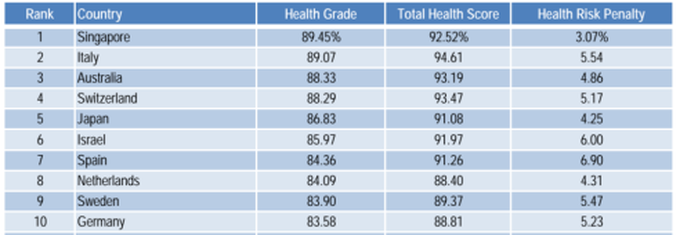
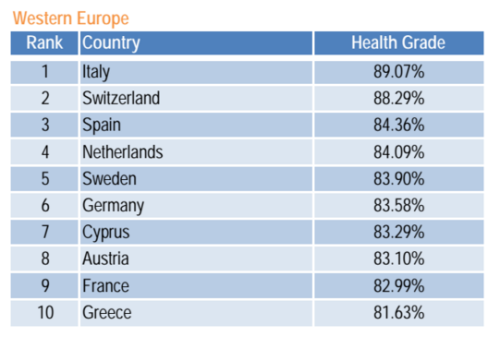
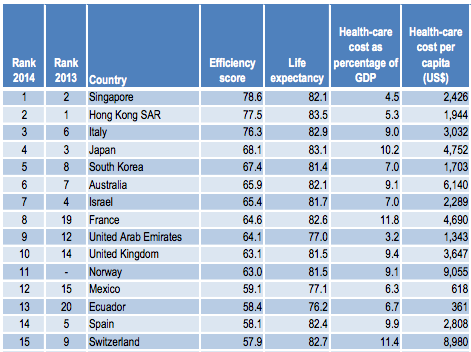

 RSS Feed
RSS Feed
